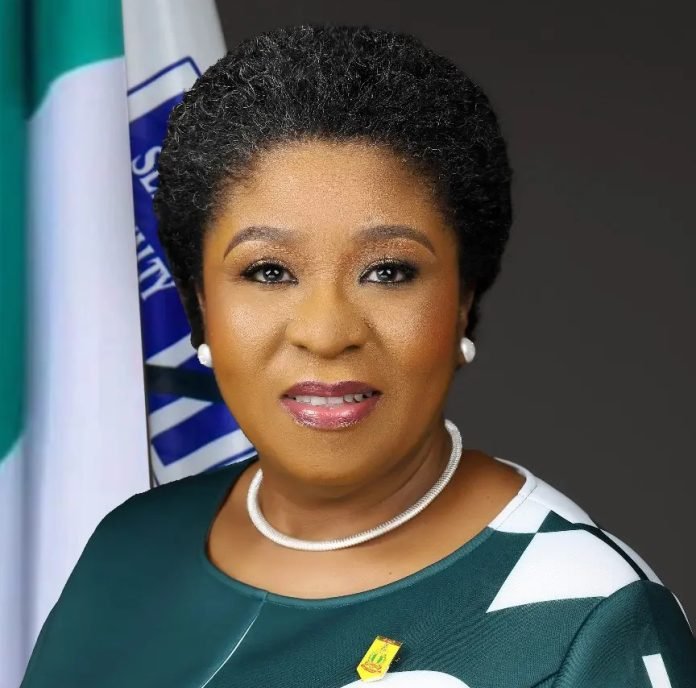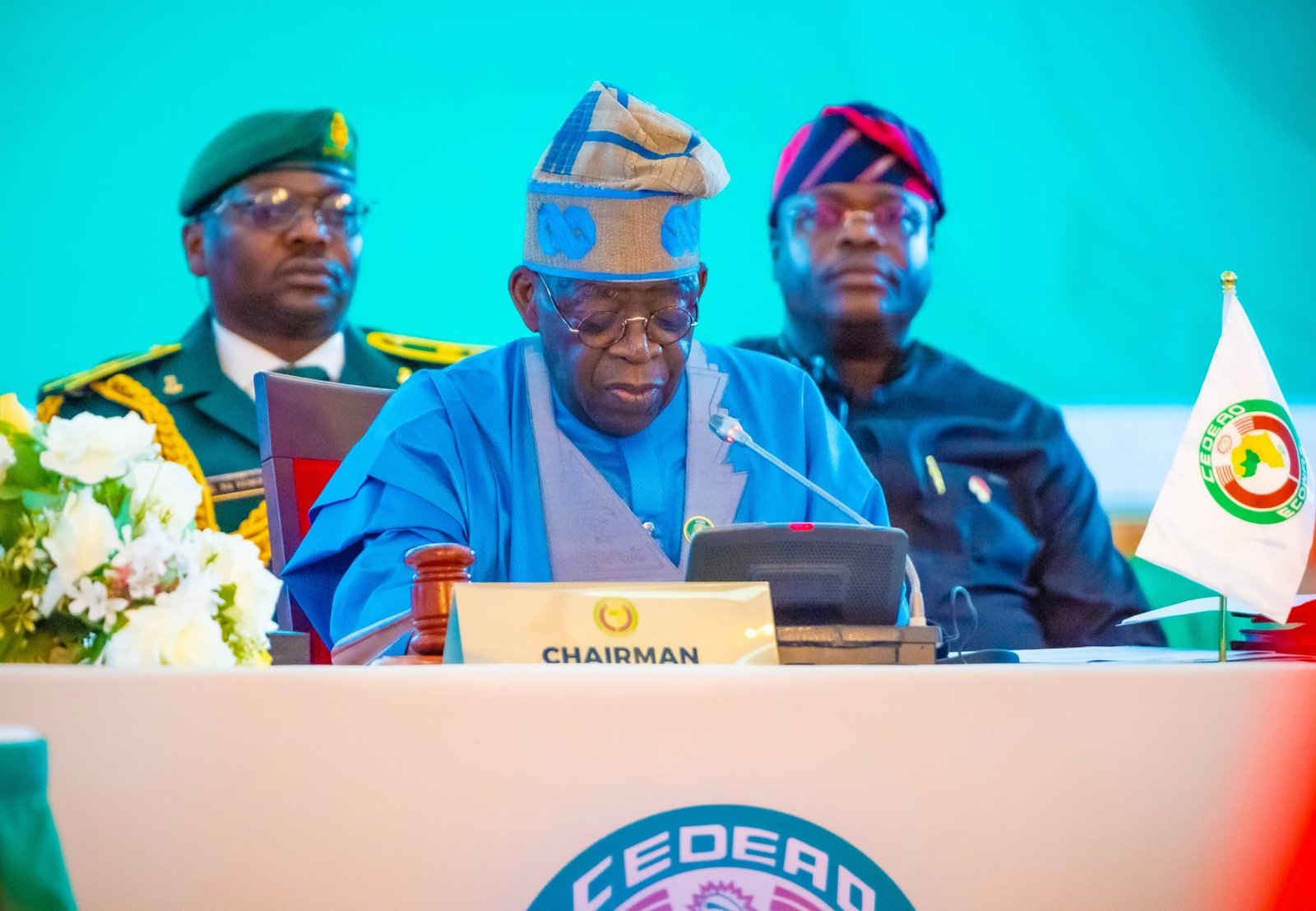The Head of the Civil Service of the Federation, Didi Esther Walson-Jack, has inaugurated the Steering and Project Implementation Committees for the Service-wide Personnel Audit and Skills Gap Analysis.
She explained that the exercise is in line with President Bola Tinubu’s Renewed Hope Agenda. Its goal is to build a modern, efficient, and fit-for-purpose Civil Service by determining the true size, structure, and skills composition of the workforce.
According to her, the audit will also identify the competencies required to deliver better governance in the future. “The machinery of governance can only function effectively when powered by the right calibre of human capital,” Walson-Jack said.
She noted that the audit will produce a verified digital personnel database, linked with National Identification Numbers (NIN) and Bank Verification Numbers (BVN). This will eliminate ghost workers, resolve record inconsistencies, and provide accurate staff profiles.
Digital Database and Future Skills
The initiative will also map out current and future skills gaps in key areas such as ICT, project management, public finance, and data analysis.
“Additionally, it will aid the review and strengthening of training programmes to ensure targeted capacity development; enhance Human Resource Management systems through digitalisation using the Human Resource Management Information System (HRMIS); and achieve efficiency gains and cost savings by closing financial leakages, eliminating redundancies, and enabling the strategic redeployment of resources,” she added.
Walson-Jack stressed that the exercise is not punitive but developmental. She described it as a data-driven reform to reposition the Federal Civil Service for today’s needs and tomorrow’s challenges.
The Steering Committee, chaired by Walson-Jack, includes Permanent Secretaries, the Accountant-General of the Federation, the Director-General of the Budget Office, a Presidency representative, and consultants.
It will provide policy direction, approve milestones, and ensure alignment with the Federal Civil Service Strategy and Implementation Plan (2021–2025).
Committees Set Timelines
The Project Implementation Committee, chaired by the Permanent Secretary, Common Services Office, Dr. Danjuma Usman Kalba, will handle methodology validation, data collection, compliance checks, and reporting.
Members include senior OHCSF directors, the Office of the Accountant-General, the Federal Civil Service Commission, and retired civil servants with technical expertise.
Dr. Deborah Odoh, Permanent Secretary of the Service Policies and Strategies Office, described the audit as “a significant step towards an efficient, productive, and effective Civil Service.”
Speaking on behalf of both committees, Dr. Kalba thanked President Tinubu for approving what he called “a bold reform fully aligned with the Renewed Hope Agenda.”
He explained that the audit is not routine but “a strategic initiative aimed at strengthening institutions and ensuring value for money in governance.”
Walson-Jack charged both committees to begin work immediately with professionalism and integrity. “The successful delivery of this exercise will lay a strong foundation for a Civil Service that is efficient, productive, incorruptible, and citizen-centred,” she said.
The Steering Committee is expected to conclude its work within six months, while the Implementation Committee has four months to deliver its outputs.
Several governments in the past have tried this, but do you share the hope that this will finally end the era of ghost workers in the Nigerian Civil Service for good? Express your views in the comments section.
Rate, Like 👍, Comment💬, share this article, and join us on our social media handles. You can also Submit your own story to get featured and earn rewards!







